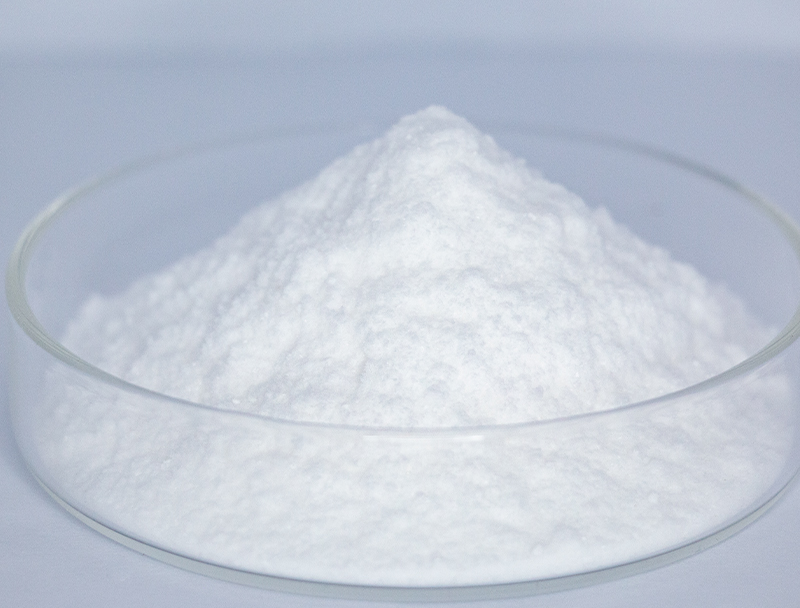
Biomanufacturing relies heavily on a comprehensive selection of starting materials for fabricating next-generation bio-products.
Securing ethical acquisition of feedstocks underpins enduring viability and ethical market growth.
multiple challenges associated with traditional raw material procurement such as soil erosion and unchecked resource extraction. Therefore, biomanufacturing companies must actively seek out alternative sourcing strategies to minimize their ecological footprint.
- Representations of ethical supply approaches are:
- Leveraging biomass from food-processing residues
- Operating reuse-focused platforms to lower discard and increase efficiency
- Working with community-based suppliers that follow ethical standards
Shifting to ethical sourcing drives environmental value and long-term commercial viability.
Upgrading Feedstock Traits for Better Biofuel Performance
Boosting conversion rates requires high-quality and well-characterized biomass. Scientists are constantly exploring novel strategies to optimize these feedstocks, producing improved fuel yields and a lower-carbon energy pathway. Methods encompass cellular engineering to augment biomass output and refining processes to liberate fermentable carbohydrates.
- Furthermore, teams search for alternative biomass sources including algal strains, industrial wastes, and crop leftovers to broaden sustainable feedstock options for fuels.
- Because of continual endeavors biofuel technology is set to attain meaningful progress that supports renewable energy growth.
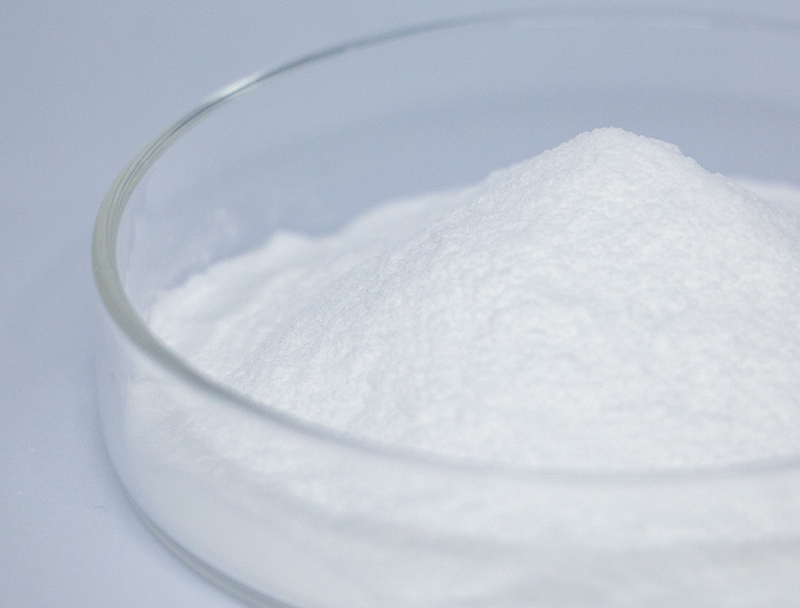
Biopharmaceutical Manufacturing: Advancements in Upstream Processing
covers the early phases of biopharma production including culturing and biological harvesting Ongoing innovations have accelerated process enhancement leading to greater yields.
Important innovations consist of upgraded cell platforms, customized nutrient matrices, and smart bioreactor solutions. These refinements escalate production and lower expenses and environmental strain.
- Additionally, a shift to integrated continuous operations is providing enhanced flexibility and responsiveness in production.
- This move toward intelligent production systems is expected to reshape the industry and hasten drug development.
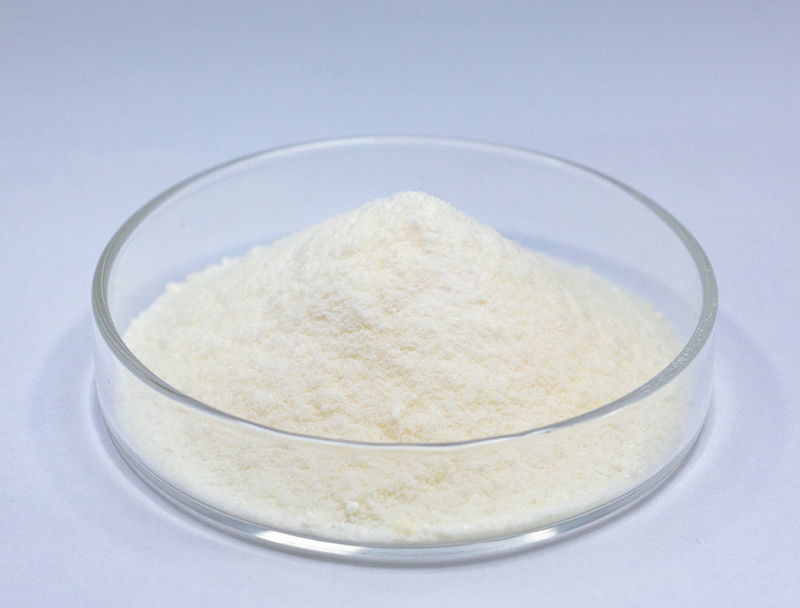
Innovations in Gene Editing for Improved Biopharmaceutical Yield
progresses in gene editing technologies, such as CRISPR-Cas9, have revolutionized the production of biopharmaceuticals. With exact genomic alterations, researchers improve host productivity for therapeutic manufacture. Such strategies offer promise to create cost-effective, high-efficiency therapeutics across many disease areas.
Microbial Solutions for Greener Bioremediation Practices
innovative solutions for sustainable bioremediation, a critical process for addressing environmental pollution. Specialized microbes can enzymatically degrade pollutants to reduced-toxicity products.. Harnessing microbe-based degradation fosters cleanup tactics that minimize environmental disruption and residual waste.. Laboratories test microbial species for efficacy against metals, pesticide pollutants, and oil-related contamination. Microbial cultures can function in contained bioreactors or be deployed onsite to facilitate biodegradative remediation..
Microbial remediation approaches present key benefits relative to classic remediation methods. It is a cost-effective and environmentally friendly approach that minimizes the generation of harmful byproducts. Also, microbial interventions offer targeted remediation that minimizes collateral ecosystem disturbance. Ongoing innovation aims to boost the throughput and efficacy of microbe-driven remediation approaches.
Computational Biology in Drug Discovery
Bioinformatics techniques are integral to present-day therapeutic development workflows. From target discovery through candidate optimization, bioinformatics facilitates streamlined, hypothesis-guided workflows.
- By interrogating large-scale omics and clinical information, scientists find new targets and predict candidate efficacy.
- Concurrently, virtual screening and simulation shape the development of more effective therapeutics.
- Finally, data-driven informatics is changing drug development and hastening patient access to effective therapies.
Metabolic Design Approaches to Boost Bioproduct Yields
applies assorted techniques to boost microbial synthesis of valuable compounds. These strategies can involve genetic modifications to optimize metabolic pathways, regulation of gene expression, and the introduction of novel genes to confer new capabilities.. Through strategic metabolic edits practitioners can markedly increase the synthesis of target products.
This combined approach has capacity to change industries from drug manufacture to food production and bioenergy.

Scaling Biopharma Production: Hurdles and Advantages
Scaling up biopharmaceutical production presents both significant challenges and exciting opportunities. Maintaining consistent product attributes with scale-up remains a central difficulty. Tackling it demands tightly integrated control systems, precise surveillance, and state-of-the-art analytics.
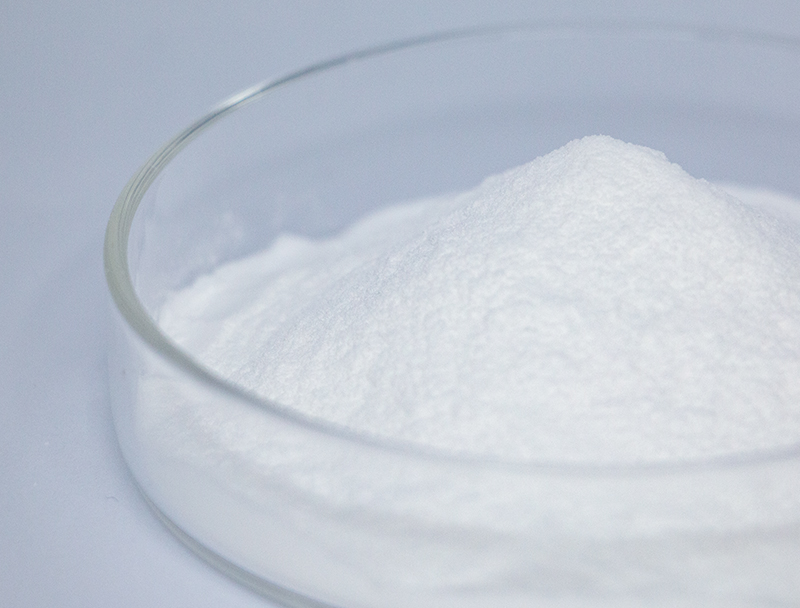
One issue is the complexity of biopharmaceutical manufacturing processes, which often involve multiple steps.. Transforming bench processes into industrial practice requires sustained research and engineering innovation. Yet, the returns can be substantial. Achieved scale can widen availability of treatments, lower manufacturing costs, and boost financial returns.
Different initiatives are progressing to solve scale-up constraints. These include the development of new technologies for process optimization, advanced analytics for real-time monitoring and control, and innovative manufacturing strategies.
- Innovation programs are essential to expand production competencies.
- Regulatory bodies are modernizing pathways to accelerate approval of advanced production technologies and support innovation.
Mapping the Compliance Environment for Safe Therapeutic Development
Producing biopharmaceuticals demands comprehensive oversight to guarantee safety and clinical effectiveness. Living-source therapeutics present distinct obstacles in regulation and production relative to classical drugs.
Agencies like FDA and EMA develop frameworks and criteria for validating and approving cutting-edge biotherapies..
Thorough testing frameworks are compulsory during all stages of development including after market release.. The measures work to spot potential hazards and validate that therapies reach demanding safety levels..
Likewise, authorities progressively modify regulatory tactics to follow the speed of innovation in biopharma.. Initiatives cover incorporating new methods and supporting faster development while ensuring patient protection.
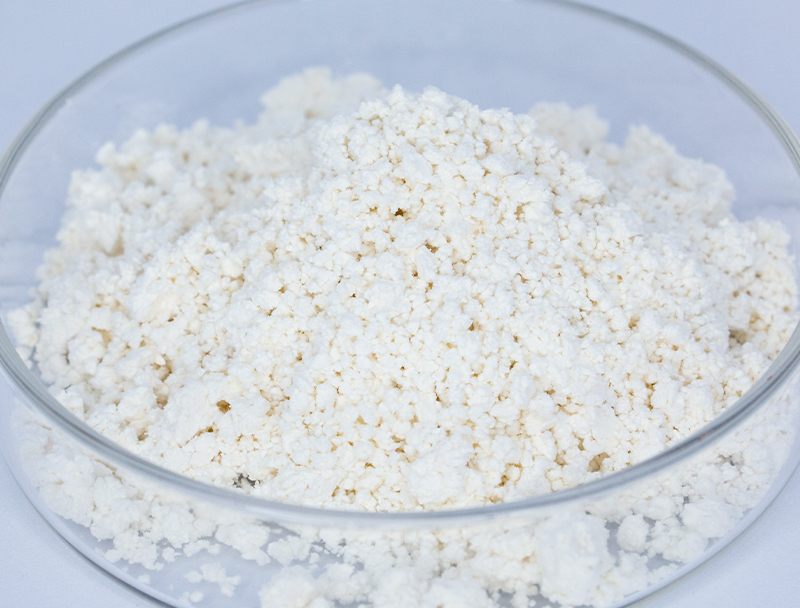
Harnessing Plant Feedstocks to Create Biodegradable Plastics
Growing emphasis on eco-conscious materials catalyzes research into plant-based options. Converting plant biomass into bioplastics offers a credible pathway to environmentally sound products. Materials such as starch from corn, cellulose pulp, and sugarcane biomass are convertible into biodegradable polymers that lower plastic waste concerns.
Concurrently, several bioplastic formulations approximate conventional plastic traits and serve wide-ranging applications. Persistent innovation will be key to advancing plant biomass into mainstream bioplastic manufacturing for a circular future.
Emerging Biotech Solutions for Health and Food Security
Modern biotech tools present opportunities to improve global health and stabilize food production. By applying gene editing, synthetic biology constructs, and cellular therapies, scientists create tools to fight disease, raise yields, and boost nutrition.. Illustratively, crops altered for pest NMN resistance and stress endurance support increased harvests and diminished pesticide usage.. Also, biotechnological innovation fuels development of immunizations, antimicrobial treatments, and diagnostic platforms vital for disease control and population health.. Going forward, advancements in biotechnology are likely to yield interventions that improve health and advance sustainable food systems globally.
